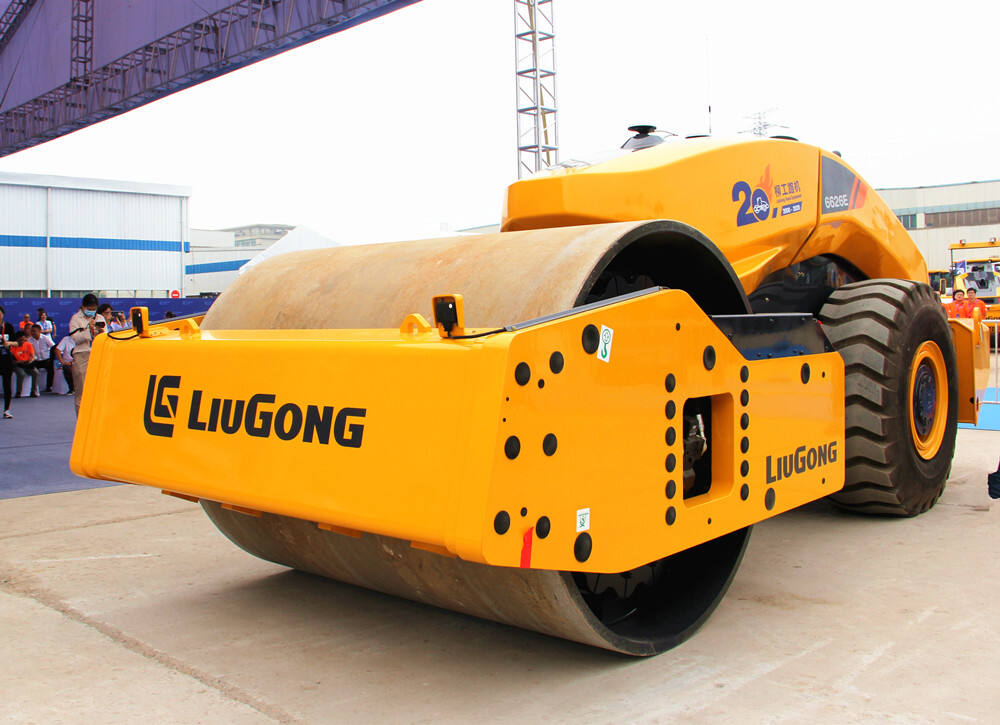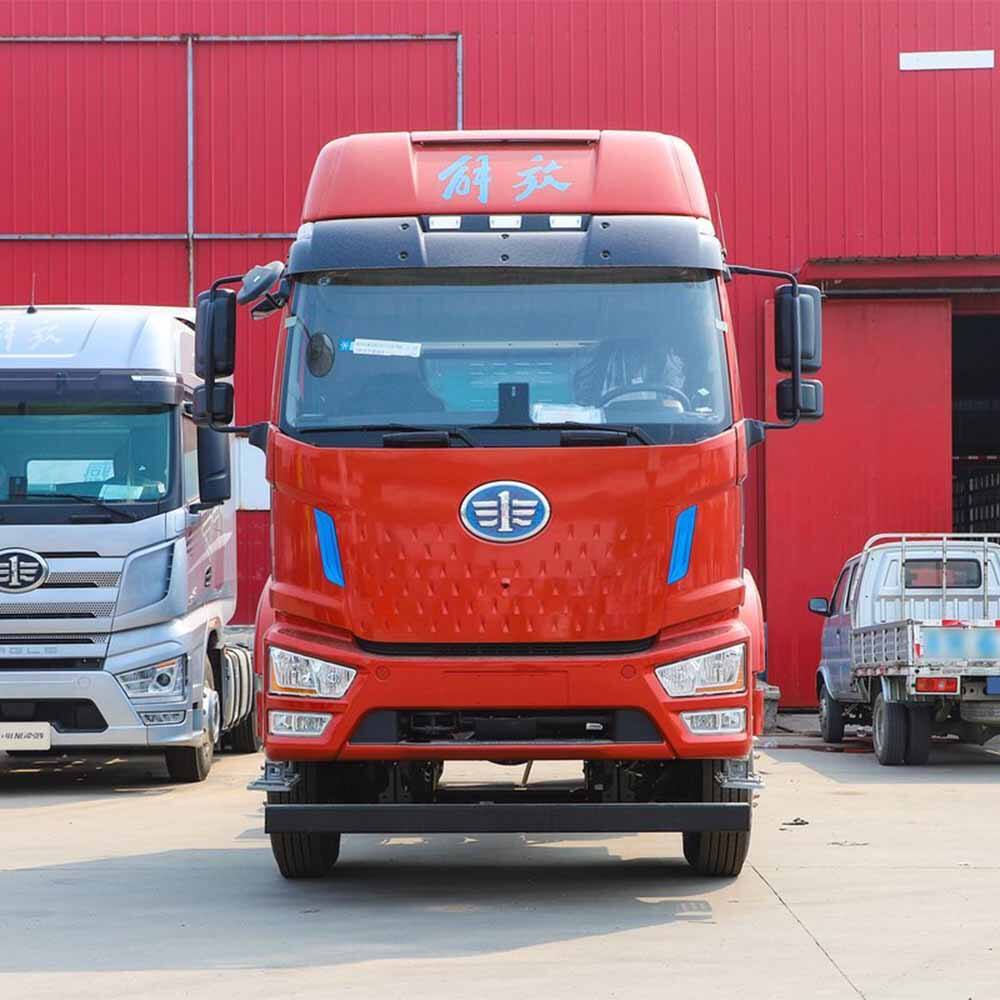Understanding the Critical Role of Compaction Equipment in Modern Infrastructure
The development of reliable infrastructure stands as one of civilization's greatest achievements, and at the heart of this progress lies the indispensable road roller. These powerful machines, often seen as the backbone of road construction projects, serve a fundamental purpose that goes far beyond their impressive appearance. Road rollers transform loose materials into stable, durable surfaces that withstand years of heavy traffic and environmental pressures.
Modern construction projects rely heavily on road rollers to achieve the precise level of compaction necessary for long-lasting roads. Without proper compaction, even the most carefully planned road construction project would quickly deteriorate under regular use. The science behind this essential equipment combines principles of physics, engineering, and materials science to create surfaces that serve communities for decades.
The Technical Aspects of Road Roller Operations
Types of Road Rollers and Their Applications
Road rollers come in various configurations, each designed for specific compaction requirements. Static steel wheel rollers excel at achieving smooth surface finishes, while pneumatic tire rollers provide uniform compaction through kneading action. Vibratory rollers, combining weight and dynamic force, have revolutionized modern construction by achieving deeper compaction with fewer passes.
The selection of appropriate road rollers depends on multiple factors, including the material being compacted, project specifications, and environmental conditions. For instance, soil compaction often requires different equipment than asphalt finishing, showcasing the versatility needed in modern construction fleets.
Compaction Mechanisms and Efficiency
The science of compaction involves reducing air voids between material particles to increase density and stability. Road rollers achieve this through various mechanisms, including static weight, vibration, and kneading action. Modern road rollers incorporate sophisticated technology to monitor and adjust compaction parameters in real-time, ensuring optimal results across varying conditions.
Efficiency in roller operation directly impacts project timelines and costs. Advanced road rollers feature intelligent compaction systems that provide operators with real-time feedback about material density and temperature, allowing for precise adjustments and consistent results.

Impact on Construction Quality and Durability
Surface Uniformity and Material Bonding
Professional road roller operation ensures uniform density throughout the constructed surface, preventing future settlement issues and maintaining consistent material properties. The compaction process creates strong bonds between aggregate particles, essential for long-term structural integrity. Modern road rollers contribute significantly to achieving the smooth, even surfaces that characterize high-quality infrastructure.
The relationship between proper compaction and material performance cannot be overstated. Road rollers play a crucial role in achieving specified density requirements, which directly correlate with the longevity and performance of constructed surfaces. Without adequate compaction, roads would be susceptible to rutting, cracking, and premature failure.
Environmental and Economic Benefits
Proper compaction through road rollers contributes to environmental sustainability by reducing material waste and minimizing the need for frequent repairs. Well-compacted surfaces require less maintenance over time, resulting in significant cost savings for infrastructure management. The durability achieved through proper rolling techniques also means fewer disruptions to traffic and reduced resource consumption for repairs.
Modern road rollers incorporate fuel-efficient technologies and precise control systems that optimize material usage while minimizing environmental impact. These advancements represent a significant evolution in construction equipment, balancing productivity with sustainability.
Technological Advancements in Modern Road Rollers
Intelligent Compaction Systems
Contemporary road rollers feature sophisticated monitoring systems that provide real-time feedback on compaction progress. These intelligent systems help operators achieve optimal density while preventing over-compaction, which can be as detrimental as insufficient compaction. GPS mapping and documentation capabilities ensure consistent quality across entire project areas.
The integration of smart technologies in road rollers has revolutionized quality control in construction projects. Operators can now access detailed data about material temperature, density, and stiffness, making informed decisions that improve overall project outcomes.
Automation and Safety Features
Advanced road rollers incorporate automated features that enhance both efficiency and safety. Auto-stop systems, proximity sensors, and improved operator visibility reduce accident risks while maintaining high productivity levels. These safety innovations protect both equipment operators and construction crew members, creating a more secure working environment.
The evolution of road roller technology continues to push boundaries in construction automation. Semi-autonomous operation capabilities and remote monitoring systems represent the future of compaction equipment, promising even greater precision and safety in construction projects.
Frequently Asked Questions
How do road rollers contribute to pavement longevity?
Road rollers ensure proper material density and uniformity, which are crucial factors in pavement durability. Through effective compaction, they eliminate air voids and create strong bonds between particles, resulting in surfaces that resist deformation and weathering. This proper compaction can extend pavement life by several years, reducing maintenance requirements and lifecycle costs.
What factors influence the choice of road roller type for a project?
The selection of road rollers depends on multiple variables, including material type, layer thickness, project specifications, and environmental conditions. Factors such as required density, surface texture, and production rates also play crucial roles in equipment selection. Professional contractors consider these elements to choose the most effective roller configuration for each specific application.
How have technological advances improved road roller efficiency?
Modern road rollers incorporate intelligent compaction systems, GPS mapping, real-time monitoring, and automated features that significantly improve efficiency and quality control. These technologies help operators achieve optimal compaction with fewer passes, reduce material waste, and maintain consistent quality throughout projects. Advanced data collection and analysis capabilities also enable better project documentation and quality assurance.

